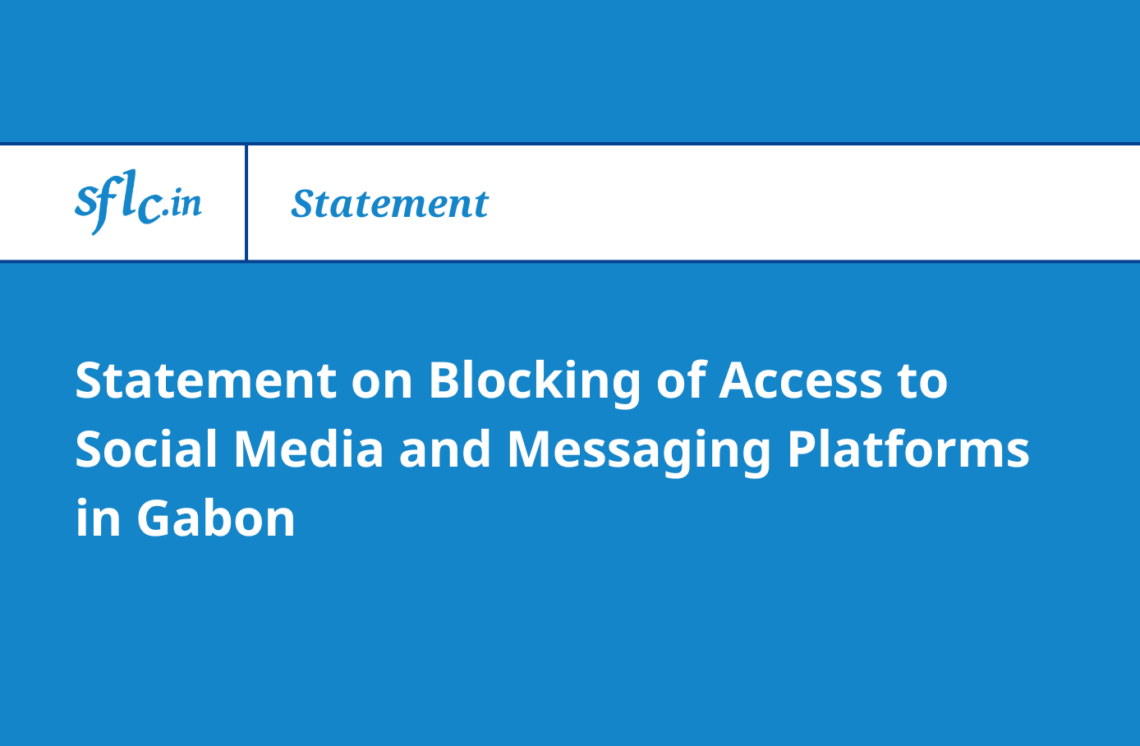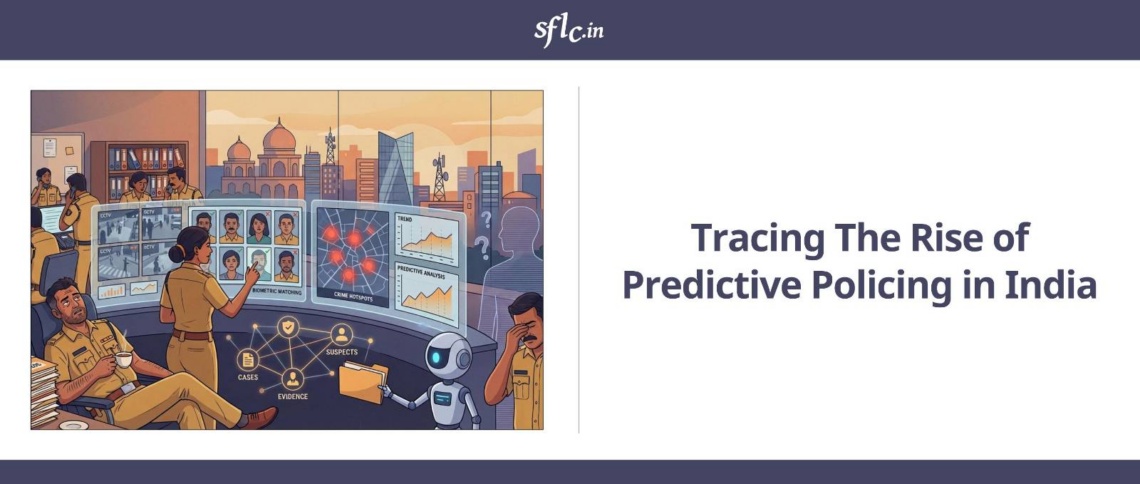On day 20 of the final Aadhaar hearing, Attorney General K.K Venugopal began his arguments on behalf of the respondents. He stated that various expert committees examined Aadhaar, and considered other alternatives like smart cards, before the current framework was decided upon. Mr. Venugopal cited World Bank’s ‘Identification for Development’ report, and said that the Aadhaar project is approved by the same. Further, he requested the court to grant permission for a PowerPoint presentation in open court explaining all technical and security aspects of Aadhaar. Chief Justice, Dipak Misra was of the view that the respondents should justify their legal contentions first, especially on privacy, anonymity and mass surveillance. “In the name of security, you cannot impose a stamping culture where everyone is stamped with an Aadhaar. In spite of assurance of safety, your database is not entirely safe”, he said. Mr. Venugopal pressed on having the PowerPoint presentation as according to him, it will help the State to explain its contentions better.
Moving on to his legal arguments, Mr. Venugopal pointed out that at the time the British ruled India, sixty six percent of the population lived in poverty, and corruption and leakages in welfare were widespread. Aadhaar was formulated, taking in consideration all these factors, and the architecture of the Act was designed in a manner that privacy is infringed as little as possible. Mr. Venugopal remarked that from 2009 uptil 2016, Aadhaar was completely voluntary, but people still signed up for it. Therefore there is no question of coercion, at least till September 2016. Mr. Venugopal further contended that there is a long line of decisions that have established under Article 21 various rights such as right to dignity, shelter, education, among others, and Aadhaar is a measure to secure them all. Justice Sikri observed that it is a conflict when both parties are invoking Article 21. He also asked the Attorney General to explain why individuals are getting excluded due to the Aadhaar project, and that various affidavits have been filed claiming the same. Mr. Venugopal said in response that not a single individual has come forward and made that claim, and that only NGOs have been filing such affidavits.
At this point, Justice Chandrachud interjected that economic and social guarantee is not the antithesis of political guarantee, and individuals cannot forgo political liberty for the sake of economic and social justice. He quoted Amartya Sen to give the example of Bengal famine and how it caused so many deaths due to lack of free flow of information. Whereas the Maharashtra famine that took place between 1970-73, caused fewer deaths even though the per capita income of the State had gone down the per capita income of Sudan. This was because access to information was not cut off.
Mr. Venugopal seemed to disagree with Justice Chandrachud with regard to the reasons behind the Bengal famine, and contended that the right of people to not die due to hunger and have shelter prevails over the right to privacy. Justice Bhushan refuted that argument and remarked that right to food and shelter and to live a life of dignity does not trump the right to privacy. Both the rights coexist. Further, Justice Chandrachud commented that there were no safeguards to prevent misuse of personal data that was collected for the purpose of Aadhaar between 2009-16, and that people could not contemplate giving up their personal data for commercial purposes. Also, there was no informed consent, Justice Sikri mentioned. Mr. Venugopal asserted that Aadhaar is facilitating Indian residents to get various subsidies, benefits, scholarships, among other things, and that it is an efficient, transparent delivery of services. He read out excerpts from a 1997 World Bank report on India spending on leakages, finance commission report, a report by Centre for Global development, and Wadhwa Committee report as mentioned in the case of PUCL v. Union of India.
Mr. Venugopal asserted that Section 12 of the National Food Security Act also envisaged Aadhaar for targeted distribution of food grains and to record transparent delivery of the same. He quoted Binoy Viswam v. Union of India on how Aadhaar prevented multiple identities and provides one unique identity. He contended that problems like money laundering, black money, and others can be solved using Aadhaar, and then went on to list the various schemes covered by Section 7 of the Aadhaar Act. At this point, Justice Sikri enquired how Employees’ Pension Scheme was covered under Section 7, since pension is a right/entitlement and does not come in the ambit of “subsidies, benefits and services” in Section 7. The Attorney General responded that this was done to prevent fake identity. Justice Chandrachud questioned how a pensioner living abroad will be able to produce her Aadhaar card in person, to which, Mr. Venugopal replied that Aadhaar is only for residents, and that there must be some provision in the Pension Act to give pension to an NRI. He showed the bench the circular related to pension for NRIs.
Justice Chandrachud posed a series of queries for the respondents to answer: ‘Pension accounts are individual accounts. There is no question of impersonation, then why is Aadhar required to receive pension’, ‘What if an old pensioner has dementia? His fingerprints might not work. He cannot keep running around banks for the purpose of getting authenticated.’ Mr. Venugopal answered that pension is given out of the Consolidated Fund of India, therefore its covered under Section 7. Also, there are exceptions available for people who cannot provide their biometrics, such as people suffering from leprosy.
Further, the Attorney General went on to remark that there are three million poor people in India who deserve to live a life of dignity, and that they care about their dignity more than privacy. Therefore it is paramount that the balance of rights be weighed appropriately. He also emphasized on the exceptions and other alternate methods of authentication provided under the Aadhaar Act during contingencies like power cut, network connectivity, and biometrics not working, and said that making the project better is an ever-evolving process.
The Attorney General stressed on the significance of having an ‘identity’ and remarked that official identification is more than a convenience. It is a fundamental human right, and helps in economic development, participation in electoral process, and also helps the government in providing benefits to the people. Official identification is a key enabler of sustainable development goals, he said. He concluded his submissions for the day by saying that de-duplication and aggregation of data is impossible with Aadhaar and metadata is not stored by the Central Identities Data Repository (CIDR).
The hearing will continue on Thursday, 22nd March 2018.



